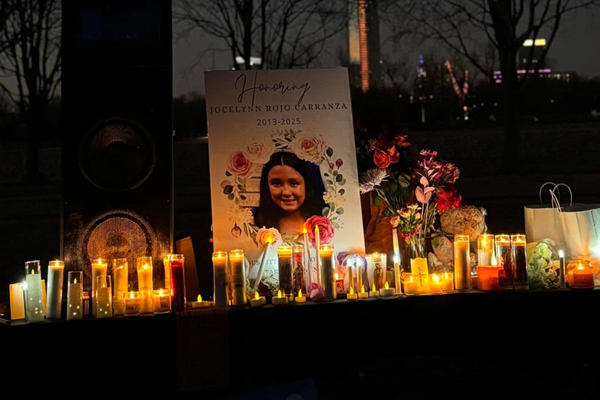
Super Bowl Sunday is beloved for the sport, the party atmosphere, the extravagant half-time show and funny TV ads but also, undoubtedly, for being accompanied by snacks – lots of snacks.
At the stadium where the football game itself is played, wherever that may be each winter, a lot of munching of wings, nachos, burgers – you name it – also leads to a lot of something else: leftovers.
Rather than tons of surplus food going to waste, at the game in Glendale, Arizona, this Sunday, several nonprofits plan to work swiftly to redistribute all the quality leftovers from the celebrations.
On 12 February, thousands of football fans will gather for the 57th Super Bowl game. This year it’s between the Philadelphia Eagles and the Kansas City Chiefs and, like every year, the event will generate tens of thousands of pounds in surplus food that experts say should be redistributed, CNN reports.
The Food Recovery Network (FRN) movement, for one, is coordinating volunteers to collect and donate a portion of the estimated 140,000 pounds of food and beverages fit for donation that are expected to become available at various Super Bowl events.
Using refrigerated trucks equipped with lift gates, FRN and other groups will help move some of the surplus food, the third time the grassroots group has taken such action to address food waste at the football championship.
The food rescue effort began in 2020, when FRN organized its first food collection drive following the Super Bowl game in southern Florida. The project was partly born out of increasing levels of food insecurity across the country, only exacerbated by the Covid-19 pandemic.
Last year, the group collected almost 2,000 pounds of food from the game at California’s SoFi stadium, reported the Los Angeles Times.
This year, the nonprofit estimates that they will collect as much as 3,000 pounds in weight of food, the equivalent of 2,500 individual meals and a 1,000-pound increase from the previous year’s collection.
“This year, we’re still very mindful of the lingering impact that the pandemic has had for people and families across the country,” Erin Price, FRN’s program manager, told CNN.
Price added that the Super Bowl serves as another opportunity to donate to those experiencing food insecurity in the Glendale and Phoenix areas.
More than 500,000 people in Maricopa county, where Phoenix is located, experience food insecurity. And 75% of food deserts in Maricopa are located in Phoenix, according to city data.
On game day, donated food will come partly from a players’ tailgate event, hosted by celebrity chef Bobby Flay. The event, with tickets priced at $875 per person, is an all-you-can-eat-and-drink experience featuring gourmet dishes from several chefs.
Once the tailgate concludes, student volunteers with Arizona University’s FRN chapter will take unused food to refrigerated trucks and on to the Phoenix Rescue Mission, a local nonprofit providing services related to hunger, addiction and homelessness.
Jussane Goodman, director of community engagement with Phoenix Rescue Mission, credited the FRN’s Super Bowl redistribution event as a major help to the nonprofit’s food pantry.
“We’re providing food to 270 to 300 families a day,” said Goodman to CNN. “We need all the food we can get.”
Other nonprofits will work to limit food waste within the stadium.







